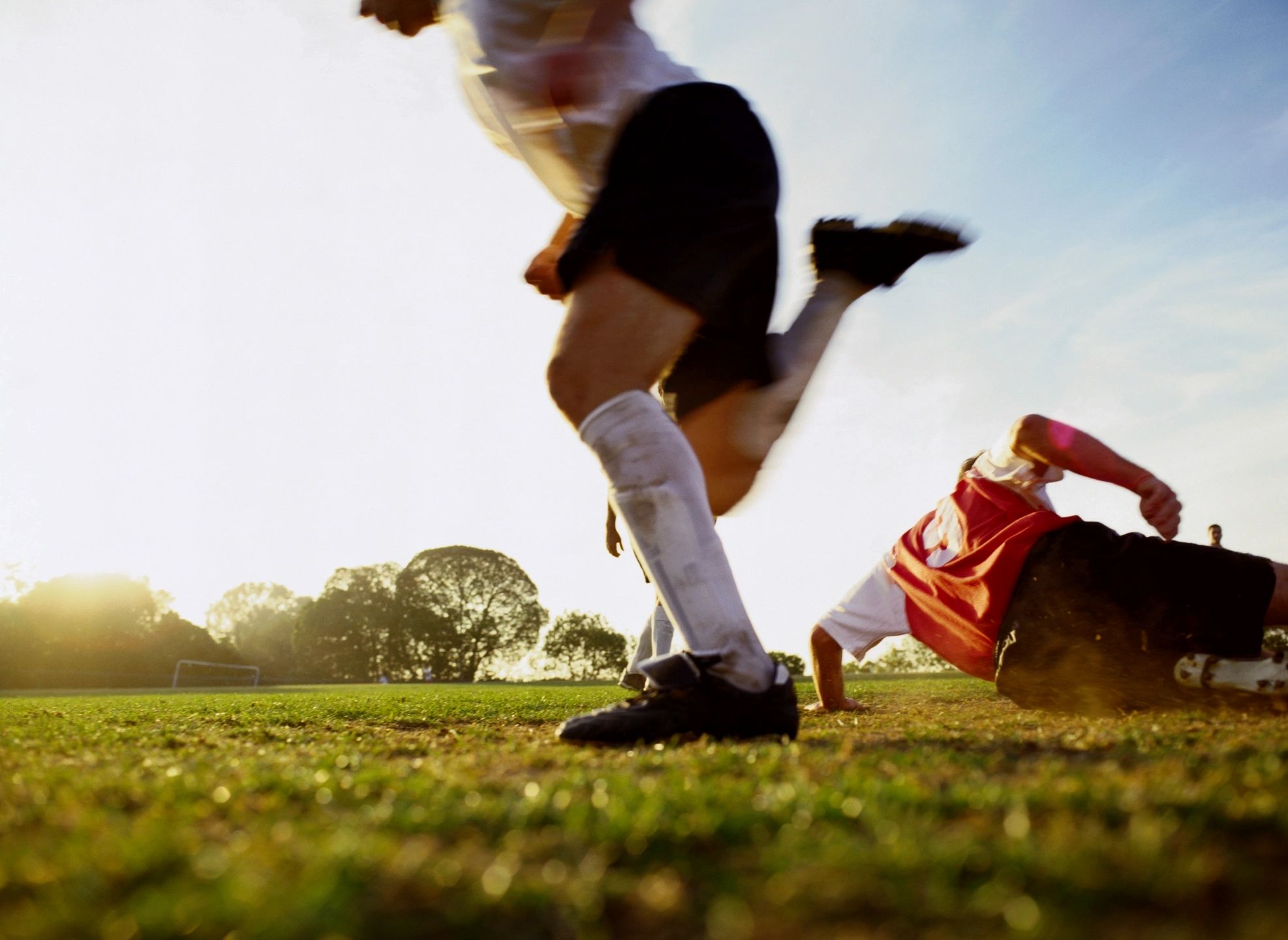
Knee injuries can be very frightening and debilitating if not rehabilitated properly. Before commencing a rehabilitation program for any musculoskeletal injury, we advise that you get assessed by a healthcare professional that is able to diagnose your injury, explain the mechanism of your injury and prescribe you a well-reasoned rehabilitation program.
The specifics of every rehabilitation program are going to differ for every individual and will depend upon the actual tissue that is injured as well as the severity of the injury. This article is designed to give a rough outline of the important characteristics and priorities of most knee rehabilitation programs regardless of injury as well as some specific examples.
Knee Rehabilitation Phase 0
The Goal of Phase 0 is to reduce the initial bout of inflammation following the knee injure. During this phase, it is advisable to spend as much time as possible not bearing weight on the injured leg and keeping the knee elevated. It is also advisable to wear a knee brace when it is necessary to walk and bear weight on the knee. The emphasis should be placed on icing the knee and reducing inflammation through supplementation, over the counter medications, or prescription medications. This phase will generally last 3 days to 2 weeks depending upon the severity of the injury.
Length of Time: 1-2 weeks
Priority: Reduce Initial Inflammation
Training Modifications: No Physical Training at this time, focus on film study or reading.
Treatment Plan Example:
- Ice Applied 3-4x/day for 15 minutes
- Anti-inflammatory medications
- Keeping injured knee elevated
- Staying off of affected knee as much as possible
Knee Rehabilitation Phase 1
Knee Rehabilitation Phase 1 should begin when you are able to bear weight on your affected leg with minimal pain. During phase 1 of rehabilitation, you are going to begin training the other joints of your lower body (Hip, Ankle, Foot), as well as the core, and stretching the muscles that cross the knee (Quadriceps, Hamstrings, Calves). It is also important during this phase that you begin low-intensity cardiovascular exercise on a bicycle. This will improve blood flow to the injured knee and improve healing times. At this point low-intensity sport, specific drills can be performed (ex. Shooting free throws, Boxing on a heavy bag).
Length of time: 2-4 weeks
Priority:
- Restore Range of motion
- Train non-injured body parts (Upper Body, Core, Hips)
- Regain Balance
Training Modifications:
- A protective Knee Brace should be worn during exercise
- Avoid running, sprinting, jumping, and cutting
- Perform low intensity, sport-specific drills
- Focus on Upper Body exercise
Treatment Plan Example:
- 10 minutes on the stationary bike
- Standing Quadricep Stretch, 3 sets of 30 seconds
- Standing Hamstring Stretch, 3 sets of 30 seconds
- Deadbug, 3 sets of 10 per side
- Glute Bridge, 3 sets of 15
- Single leg stance, 2 sets of 20 seconds per side
Knee Rehabilitation Phase 2
Phase 2 of rehabilitation is focused on transitioning into lower body stability and knee-dominant exercises. During this phase, unilateral lower body exercises are performed to enhance balance, stability, and strength in the affected leg. Additionally, knee-dominant exercises such as leg extensions and leg curls are used to strengthen the muscles around the knee. Joint training such as CARs and PAILs is used to continue to restore range of motion in the knee and hip of the affected leg. During this time, low-intensity sport-specific drills and running can be introduced as tolerated.
Length of time: 2-4 weeks
Priority:
- Single leg Exercises (Lunge, Squat, Step-up)
- Single Joint Movements (Leg Curls, Leg Extension, Calf Raises, Hip Extension)
- Joint Training (CARs, PAILs/RAILs)
Training Modifications:
- Moderate intensity running/jogging, ease back into Sports drills.
Treatment Plan Example:
- 20 minutes on Stationary Bike
- Seated Leg Curls, 3×20
- Seated Leg Extension, 3×20
- Walking Lunges x100 total steps
- Knee Flexion PAILS/RAILS x2 minutes
- Standing Hip CARs x5/side
Knee Rehabilitation Phase 3
Phase 3 of rehabilitation is the final phase and as such can last anywhere from 4 weeks to multiple months. During this phase, there should be very minimal pain in the knee, and the range of motion should be at least 90% restored. Bilateral strengthening exercises such as squats and deadlifts should be introduced into this phase as well as plyometric exercises to ensure the knee is stable enough to withstand ballistic forces. If there is still a limitation in active mobility in the lower extremity, passive range holds and end range lift offs should be used to expand the range of motion. During this phase, it is also appropriate to introduce live sports drills if applicable while wearing a knee sleeve to improve sensory awareness of the affected knee.
Length of Time: 4-12 weeks
Priority:
- Bilateral Strength (Back Squat, Trap Bar Deadlift, Leg Press)
- Plyometrics (Box Jump, Broad Jump, Olympic Lifts)
- End Range Joint Training (Passive Range Holds, End Range Lift Offs, Eccentric Neural Groove)
Training Modifications: Return to live sports drills at moderate intensity, stay cautious of activities that continue to aggravate the knee.
Treatment Plan Example:
- Seated Box Jump 7×3
- Hang Power Clean 5×2
- Back Squat 3×8
- SL Leg Press 3×12
- Swiss Ball Hamstring Curl 3×15
- Knee Flexion Passive Range Holds
If you are currently dealing with a chronic injury and would like an assessment and custom-tailored rehabilitation program, we would love to help!

